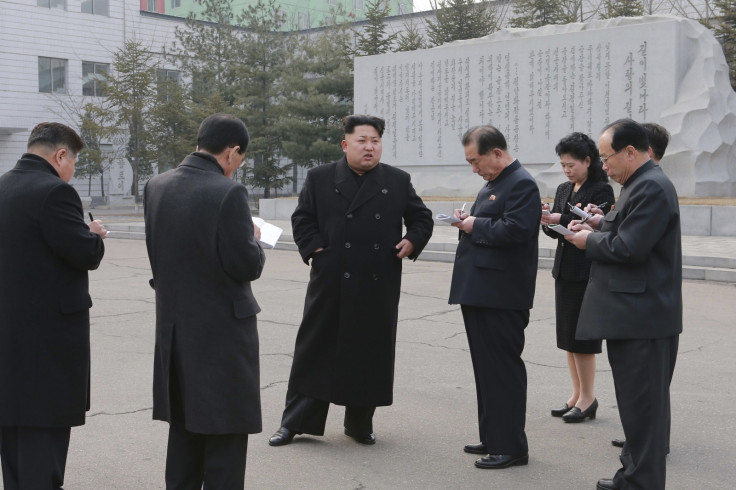North Korea reportedly sent shipments to Syrian regime's chemical weapons agency
At least two Syria-bound shipments were intercepted in the last six months, warns a team of UN experts in a confidential report.
North Korea has sent shipments to a chemical arms agency run by the Syrian regime, according to a UN report, signalling cooperation between two reclusive regimes clamped under heavy international sanctions. At least two such shipments were reportedly intercepted by UN member states in the past six months.
The purported transfer was mentioned in a confidential UN report, accessed by Reuters news agency, submitted to the top global body, the Security Council. The 37-page document was said to have been prepared by an independent team of experts who work with the UN.
"The panel is investigating reported prohibited chemical, ballistic missile and conventional arms cooperation between Syria and the DPRK [the Democratic People's Republic of Korea – North Korea's official name]," read the panel's report.
In the past, there was speculation North Korea was playing an active role in the use of chemical weapons in Syria. Though there was no credible information available, it was rumoured in 2013 that the North Korean regime was supplying technical know-how to convert chemical agents into warheads.
"The consignees were Syrian entities designated by the European Union and the United States as front companies for Syria's Scientific Studies and Research Centre (SSRC), a Syrian entity identified by the Panel as cooperating with KOMID in previous prohibited item transfers," the UN experts wrote in their report.
This is not the first time that Syria-bound cargo has been intercepted. Raw materials to make chemical weapons shipped from North Korea were caught by Greek authorities in 2009.
Syria was once known to have the largest stockpile of chemical weapons in the Middle East. Though the embattled regime led by President Bashar al-Assad had agreed to destroy its massive arsenal under a vital agreement negotiated by Russia and the US, there have been concerns that forces loyal to Assad could have clandestine facilities to hold these weapons.

© Copyright IBTimes 2025. All rights reserved.






















